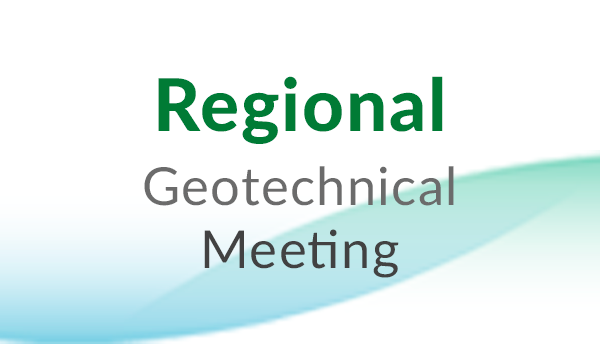
8th Feb 2022 18:00 hours
Online event
This will be an online meeting via Microsoft Teams. The link will be provided at the bottom of the page.
Fast-moving, rainfall-induced debris flow events are relatively common in the mountainous areas of the UK. Their impacts encompass the economic and social as well as the physical risk to infrastructure and people. The mechanisms of rainfall induced,fast-moving debris flows will be considered as they bridge between slow mass movements and flood phenomena. A series of case studies from Scotland and overseas will be described. A wide-ranging view of hazard and risk assessment will be delivered. It will encompass semi-quantitative regional assessment and quantitative site assessments of debris flow hazards and risks. Focussing on road networks to articulate the principles, the risks will be considered in terms of those that affect road users (fatality), road infrastructure, and the socio-economic activities that the network facilitates.
Debris flows often sever (or delay) access to and from relatively remote communities for services and markets for goods; employment, health and educational opportunities; and social activities. Specific forms of economic impact will be described as will the way in which their extent can be defined by the vulnerability shadow. A strategic approach to risk reduction will be used to illustrate how a clear focus on the overall goal of risk reduction can be achieved before homing in on the desired outcomes and the generic approach to achieving those outcomes. The effects of climate change on debris flow hazard and risk will also be considered in the context of likely changes to hazard frequency and/or magnitude and changes to risk.
Mike is a Charted Civil Engineer (FICE), a Chartered Geologist and a RoGEP Adviser. Director of Winter Associates his areas of expertise include landslides; engineering in glacial soils; soil compaction; soil acceptability for earthworking; slope stability; soil slope strengthening; retaining systems; and the use of waste geomaterials and of waste materials in geo-structures. This work has been widely adopted in teaching and practice from his near-300 publications. He is former QJEGH Chief Scientific Editor and led the organisation of the 2015 XVI ECSMGE. He is Visiting Industrial Professor of Engineering Geology & Geotechnics, University of Portsmouth, and Adjunct Professor in the UNESCO-Chair Programme on Geoenvironmental Disaster Reduction, Shimane University, Matsue, Japan. Mike has worked in 35 countries on each of the world’s continents, with the major exception of Antarctica – in this respect Mike remains open to offers.